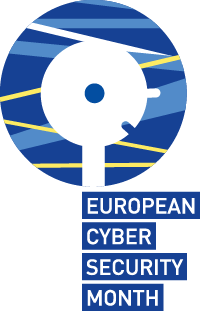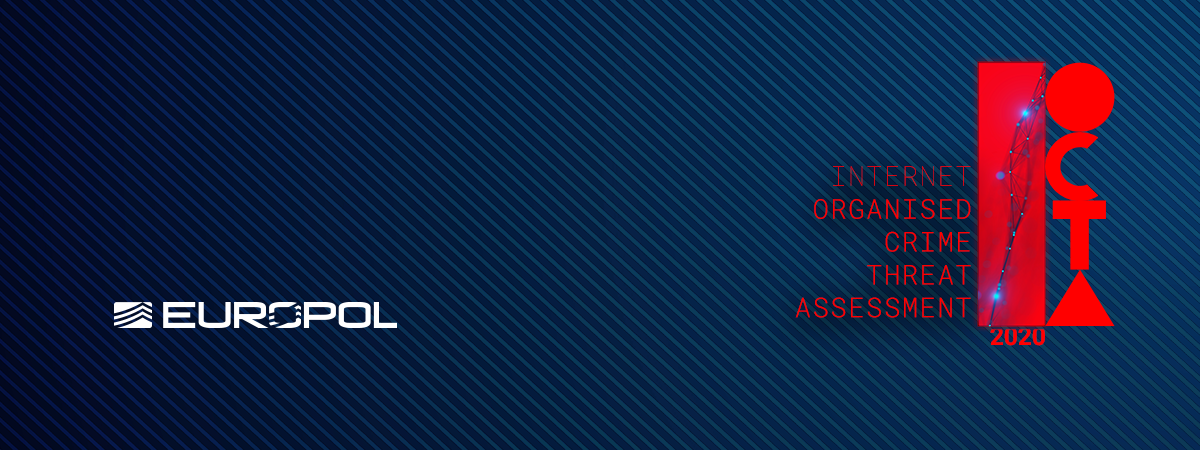IOCTA and European Cybersecurity month 2020
News
- Staff Profile: Dr Ray Genoe, Director CCI, UCD
- UnderServed Kick Off Meeting
- CEPOL Webinar “FREETOOL Project: A showcase of FREETOOL investigation tools for law enforcement”
- IOCTA and European Cybersecurity month 2020
- 200 Gardaí start new First Responder Training
- INSPECTr Kick Off Meeting
- 150 International Law Enforcement Attend First FREETOOL Testathon
- 2021 FREETOOL Testathon goes online - 160 police officers testers from 25 countries attend
- CCI joins NATO Cyber Coalition 2020 exercise
IOCTA 2020
This week Europol published its 7th annual Internet Organised Crime Threat Assessment (IOCTA) report on the latest trends and the current impact of cybercrime. It gives insight into the evolution of the cybercrime threat landscape, criminal organisations and the law enforcement response including some case study examples. As you would expect, criminals have exploited the pandemic to attack vulnerable people including the newly unemployed, businesses under threat or, worst of all, children. Online child sexual abuse material spiked and offenders hide their horrifying crimes using P2P networks, social networking platforms and encrypted communications applications, Dark Web communities and forums. There is continuing volatility in Dark Web marketplaces with shorter lifecycles and no clear dominant market. Criminals are using innovative techniques and sophisticated social engineering to identify victims, set up and enable their crimes and using cryptocurrencies to facilitate payment.
Among the technical challenges and areas of opportunity for LE is being able to access encrypted data and communications between criminals.
Advanced forms of malware are a top threat (and are popular modules on the UCD MSc programme (opens in a new window)Malware Investigations & (opens in a new window)Advanced Malware Analysis)
Ransomware attacks have become more sophisticated, damaging public and private sector organisations and exposing individuals’ personal data. Criminals are using fear of GDPR fines and threatening to auction hostaged data or publish it to shame or damage the victim’s reputation if the ransom is not paid.
A revival of a kind of payment fraud “SIM swapping” is a trend in this year’s report. Criminals use SIM swapping to intercept the authentication process.
Cross-border cooperation between law enforcement, industry and academia is vital, which is why Europol is so important in bringing people together and sharing intelligence, research and development. There are 50+ graduates of the (opens in a new window)UCD MSc FCCI now working at Europol and some of them contributed to this report.
Download the report here https://www.europol.europa.eu/activities-services/main-reports/internet-organised-crime-threat-assessment-iocta-2020
Listen to the launch presentation here youtu.be/fTzmglycoUE

European Cybersecurity Month
The importance of public awareness and action to prevent cybercrime is a constant theme of Europol’s (opens in a new window)Internet Organised Crime Threat Assessment (IOCTA) report every year. (opens in a new window)Cybersecurity Month plays a role in raising awareness and changing habits. Criminals target vulnerable people and organisations and are adept at identifying the weak links. COVID-19 increases the pool of victims and opportunities for crime (remote working, fake news). Don’t be a victim! Get tips & advice on how to stay safe & secure online at https://cybersecuritymonth.eu/
Research Report from the Department of Justice and Equality
Cybercrime: Current Threats and Responses: A Review of the Research Literature will be launched on Thursday the 8th of October at 11am - (opens in a new window)book here
CyberIreland events
https://www.cyberireland.ie/cs-month-2020/
